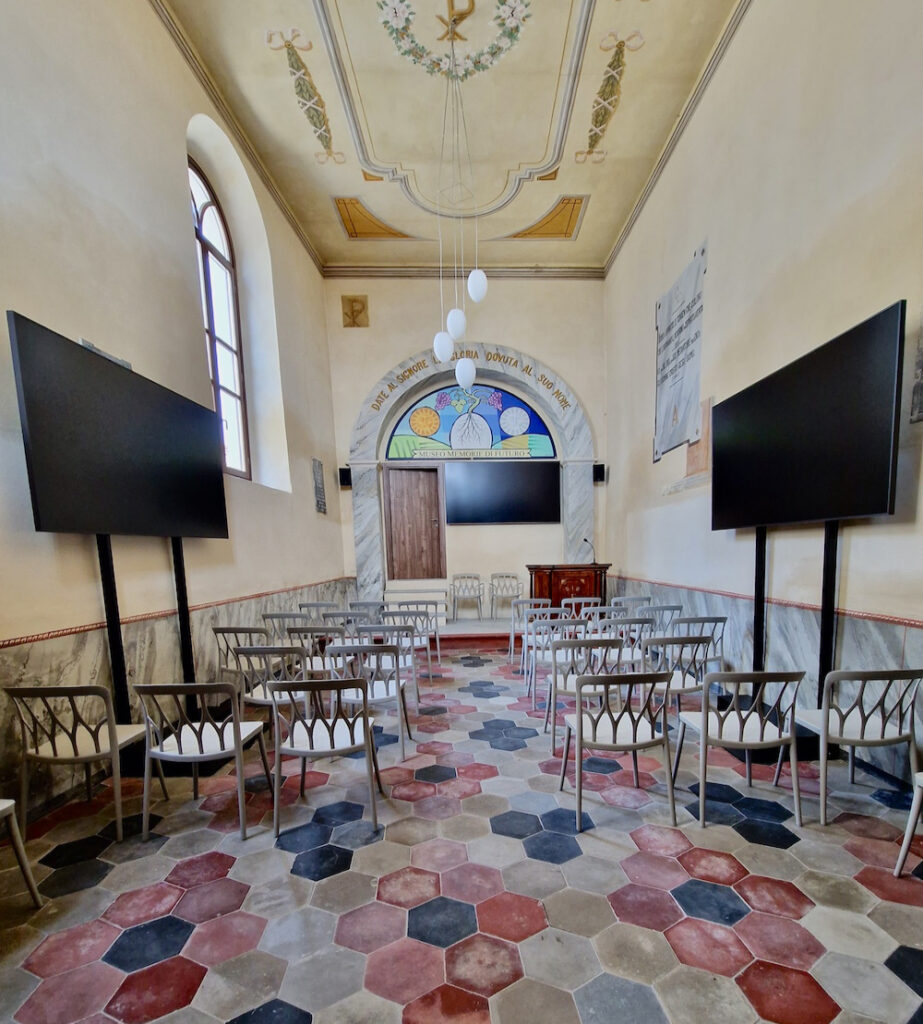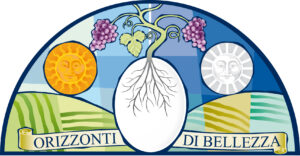

Museum "memories of the future"
The Museum is located in the former place of worship that was the Methodist Church of Calosso. Methodist Protestantism made its appearance in Italy around the mid-nineteenth century when English (1861) and American (1870) Methodist missionaries arrived in Italy recalled by the Risorgimento movements; “they are not only eager to understand the political and cultural reasons for the uprisings, but also, with the downsizing of the Papal State, if it would have been possible to spread Protestantism on Italian territory.” The Methodist faith spread rapidly in Italy mainly because its missionaries became immersed in the social fabric of the territory addressing social, political and cultural issues, creating charitable activities and opening schools. The Evangelical Church of Calosso was also born under the sign of solidarity and hospitality: around 1880, following a strong hailstorm on our hills, the Methodists of Mombercelli gave significant help to the Calossians, so much so that several families embraced the Methodist evangelical faith. In 1902 the local Church managed to buy a plot of land on which stood a modest building that in 1903 was transformed into the current church.
Among the important Protestant figures in the area, of note was the local preacher Antonio Rapicavoli who, in addition to completing the construction of the church, founded a reading circle, an evening school and a People’s Secretariat open to all the Calossians. The current configuration dates back to 1928 when urgent structural and restoration works were carried out that changed, especially in the interior decorations, the original appearance. The church has not been used for worship since 1975 and the Methodist Caliban families began to attend the other local Methodist churches of Bassignana and San Marzano Oliveto, still active in the area.
We wanted to store in our Museum, relying on the power of the word and the suggestions of images and sounds, some aspects of our history, the history of a community that has frequented and lived in the territory you see; elements of life, growth and hope for tomorrow. It is our identity that we propose to be shared here with you. Because we would like you too to feel the same emotions that we experience as our fathers did before us, without a nostalgic thought of the past, but with the awareness that this past, with the involvement of all, can guide us towards the construction of an even better future.

